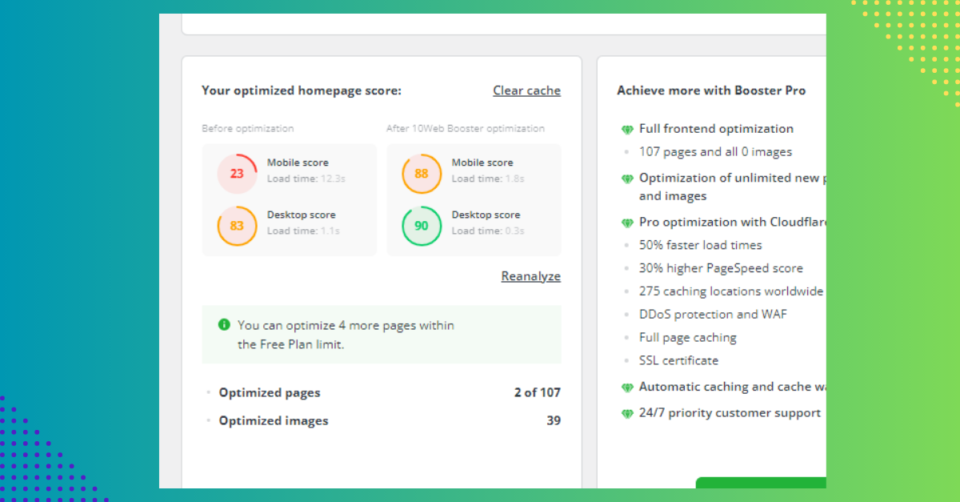What is Organic Traffic?
Organic traffic refers to the traffic that comes to a website from search engines like Google, Bing, and Yahoo. It is called “organic” because it is driven by the search engine’s algorithms and not by paid advertising. When a user types a query into a search engine, the search engine will return a list of relevant websites in order of relevance and importance. Organic traffic comes from users clicking on one of these search engine results and visiting the website. This is different from paid traffic, which comes from users clicking on ads that appear in search engine results or on other websites. Organic traffic is important for website owners because it is typically more targeted and more likely to convert into leads or sales than paid traffic.
If you’re a blogger, you know that getting traffic to your website is key to building an audience and growing your business. While there are many ways to drive traffic to your blog, one of the most important is through organic search. Organic search refers to the traffic that comes to your website from search engines like Google, Bing,Yandex and Yahoo. In this article, we’ll discuss some strategies you can use to increase organic traffic to your blog.
Create High-Quality Content
The first step to getting more organic traffic to your blog is to create high-quality content. This means creating content that’s valuable to your readers and optimized for search engines. High quality content will increase user retention a postive signal for SEO by search engines. To create high-quality content, you should:
- Choose topics that are relevant to your niche and that your readers will find interesting
- Use keyword research tools to find relevant keywords to include in your content
- Write content that’s easy to read and understand. Use AI writing assistant plugin for WordPress to speed up the process of creating your content
- Use images, videos, and other multimedia to make your content more engaging
Optimize Your Website for Search Engines
Once you’ve created high-quality content, the next step is to optimize your website for search engines. This means making sure your website is structured in a way that’s easy for search engines to crawl and index. To optimize your website, you should:

- Use keyword-rich titles and meta descriptions on your pages and blog posts. You should use Yoast SEO or Math Rank plugin for WordPress
- Use heading tags (H1, H2, H3, etc.) to organize your content and make it easy to read
- Use internal linking to connect related content on your website
- Make sure your website is mobile-friendly and loads quickly. Use speed optimization plugins to achieve a good score which is desirable for SEO
Build Backlinks to Your Website
Another important factor in getting more organic traffic to your blog is building backlinks to your website. Backlinks are links from other websites that point to your website. Search engines use backlinks as a signal of the quality and relevance of your content. To build backlinks, you should:
- Reach out to other bloggers and website owners in your niche and ask them to link to your content
- Create guest posts for other websites and include a link back to your website in your author bio
- Use broken link building to find broken links on other websites and offer to replace them with links to your content
Use Social Media to Promote Your Content

Social media can also be a powerful tool for driving organic traffic to your blog. To use social media effectively, you should:
- Choose the right social media platforms for your niche and audience
- Share your content on social media regularly. Use automation tools to post to social media networks immediately your article goes live
- Engage with your followers and other users on social media
- Use social media ads to promote your content to a wider audience
Engage with Your Audience
Finally, it’s important to engage with your audience if you want to build a loyal following and drive more organic traffic to your blog. To engage with your audience, you should:
- Respond to comments on your blog and social media posts
- Use email marketing to stay in touch with your subscribers and promote your content. Check out on email marketing applications
- Create a community around your blog through forums, Facebook groups, or other channels
- Use surveys and polls to get feedback from your audience and create content that meets their needs
In conclusion, getting more organic traffic to your blog takes time and effort, but it’s an important part of building a successful blog. By creating high-quality content, optimizing your website for search engines, building backlinks, using social media effectively, and engaging with your audience, you can increase your organic traffic and build a loyal following for your blog.



